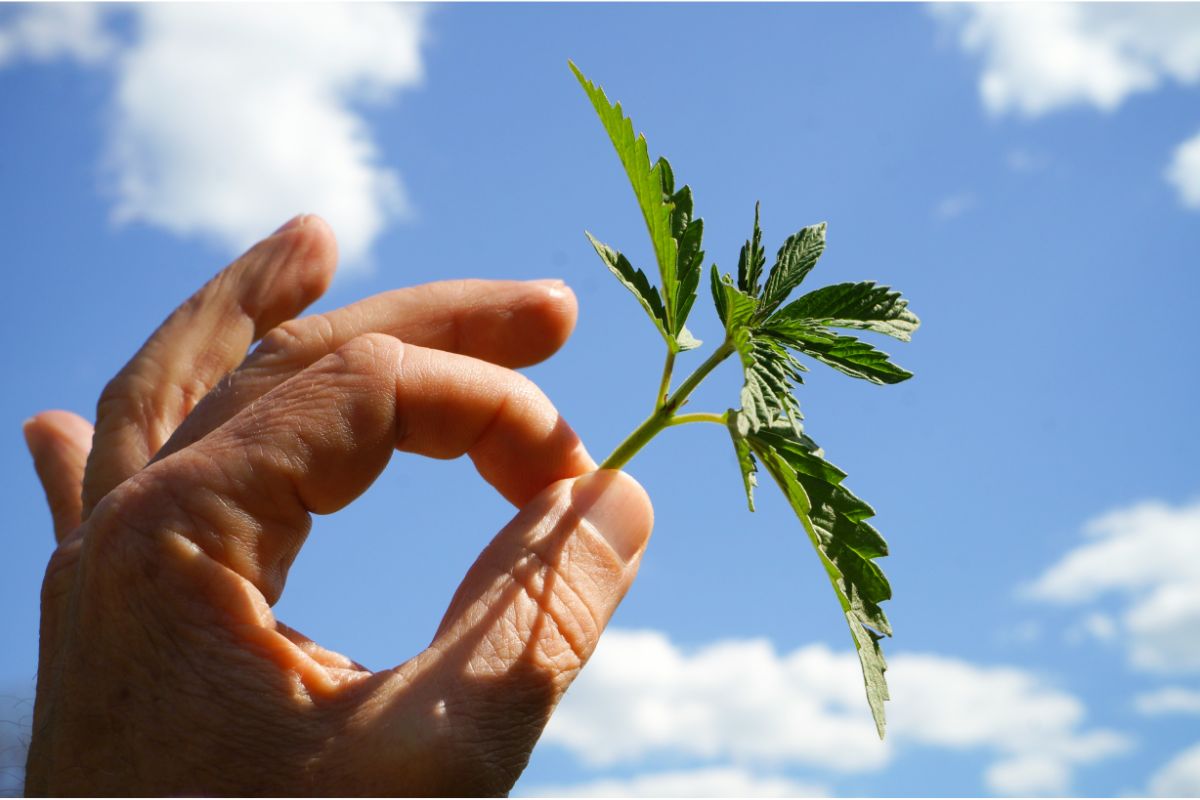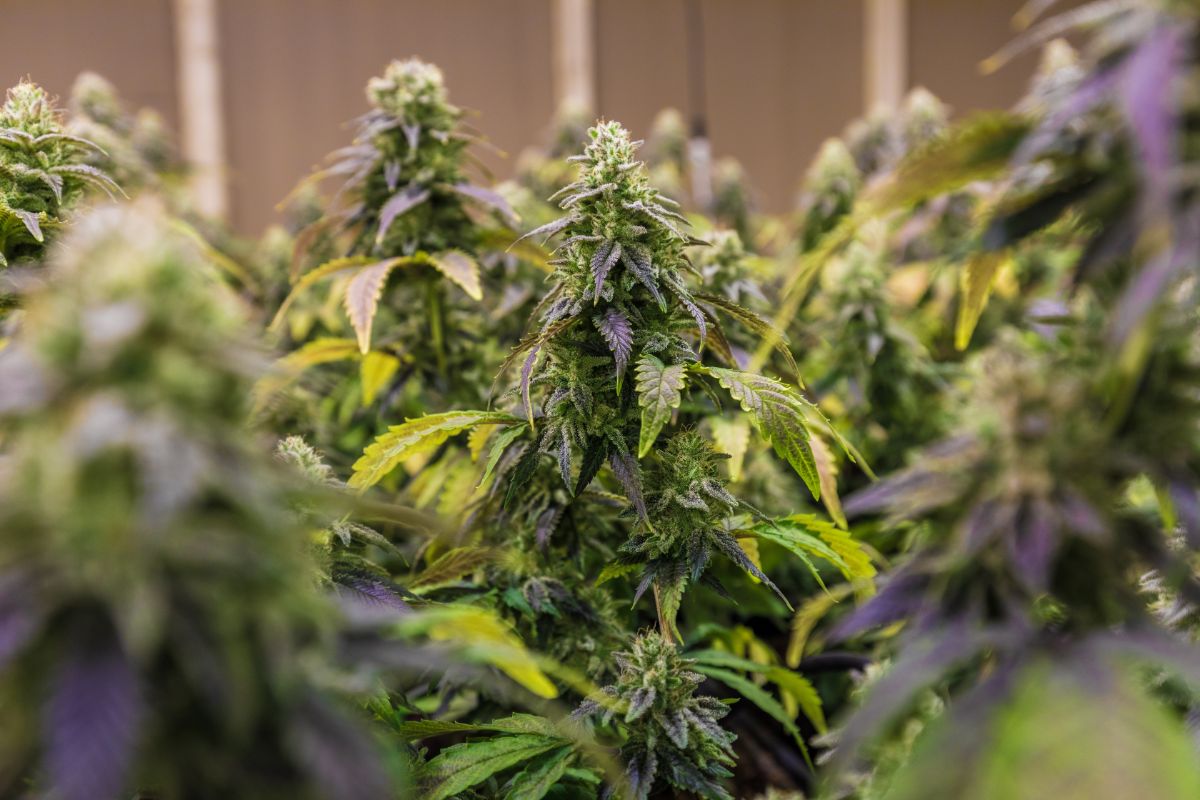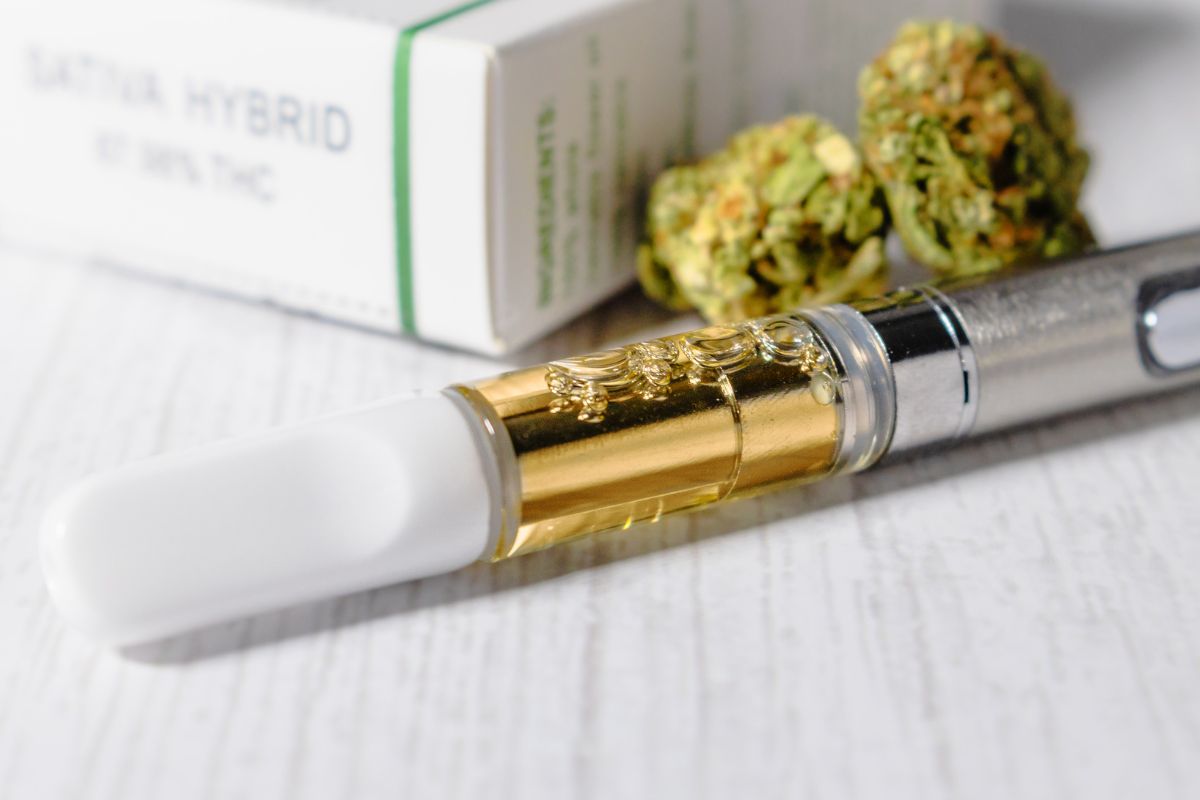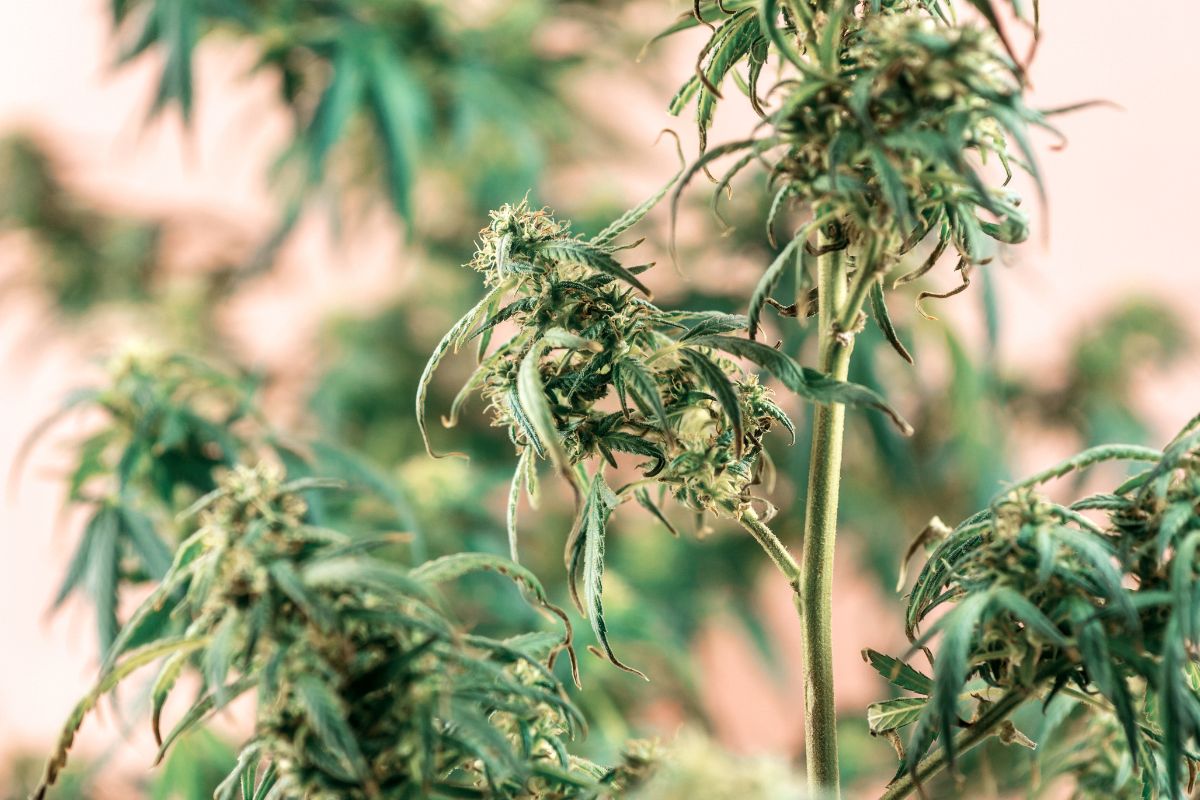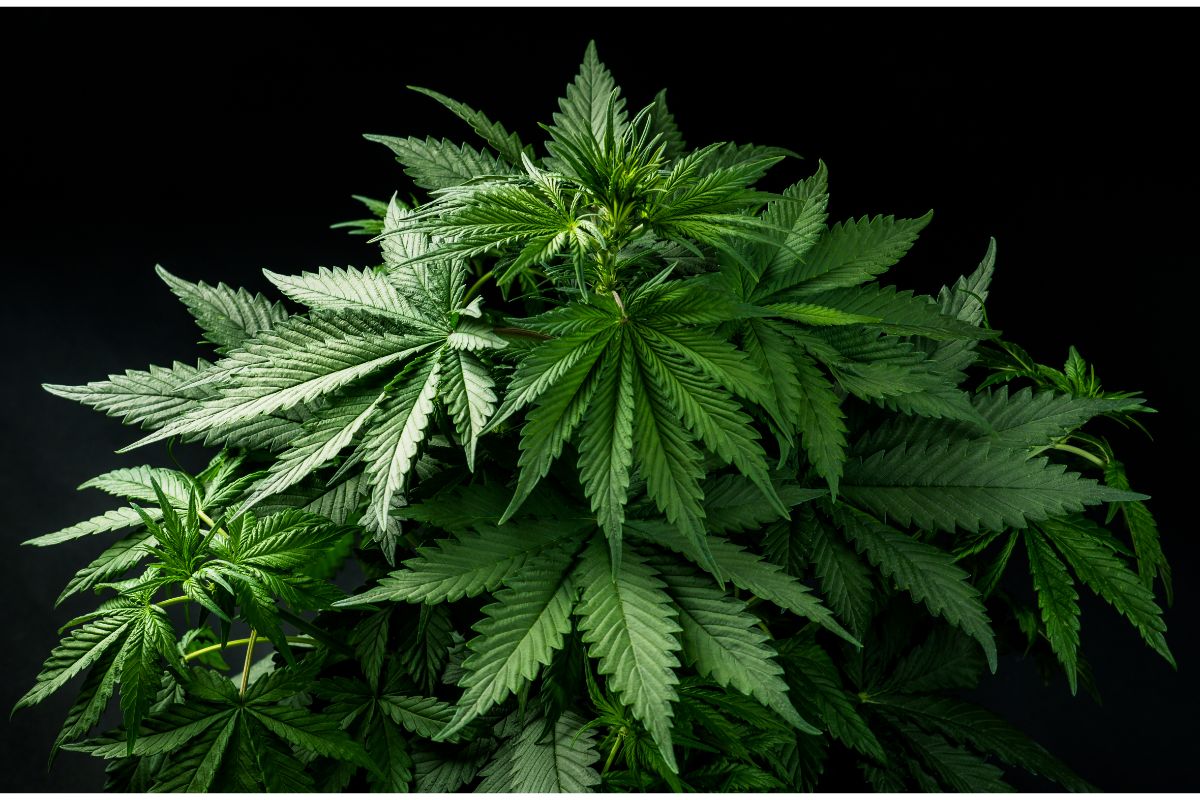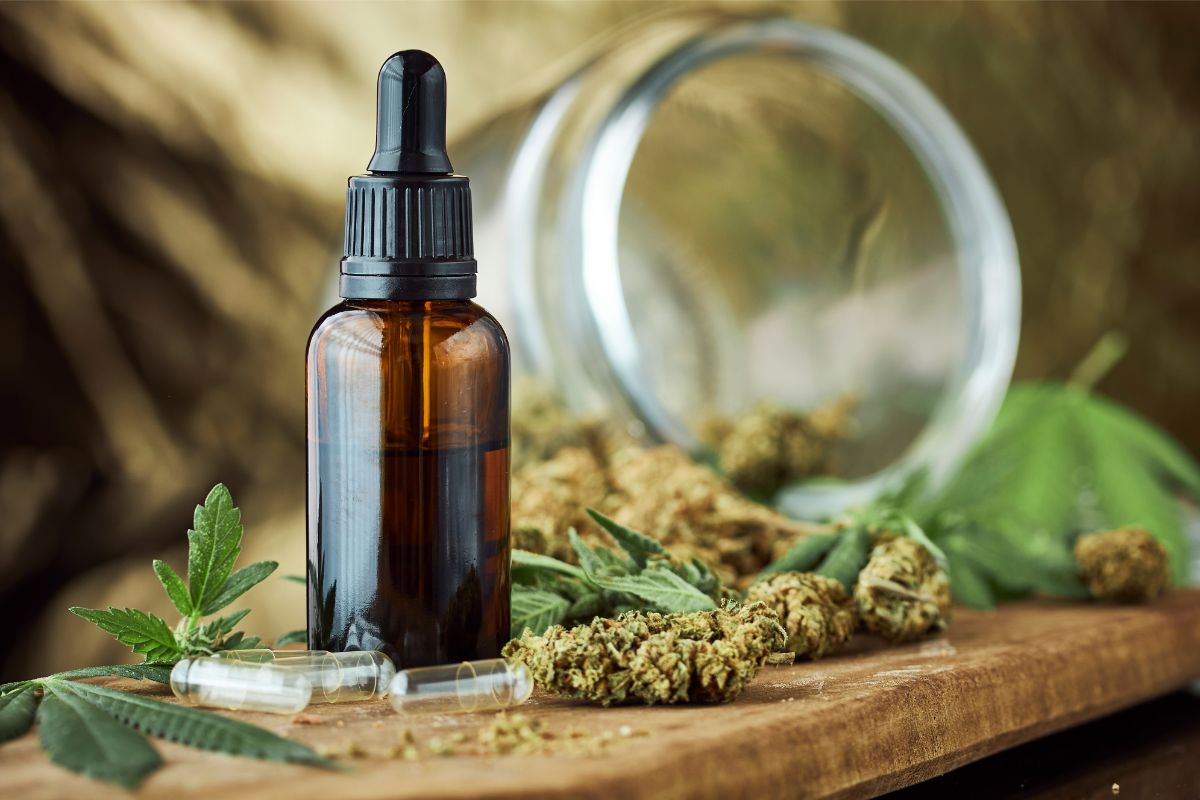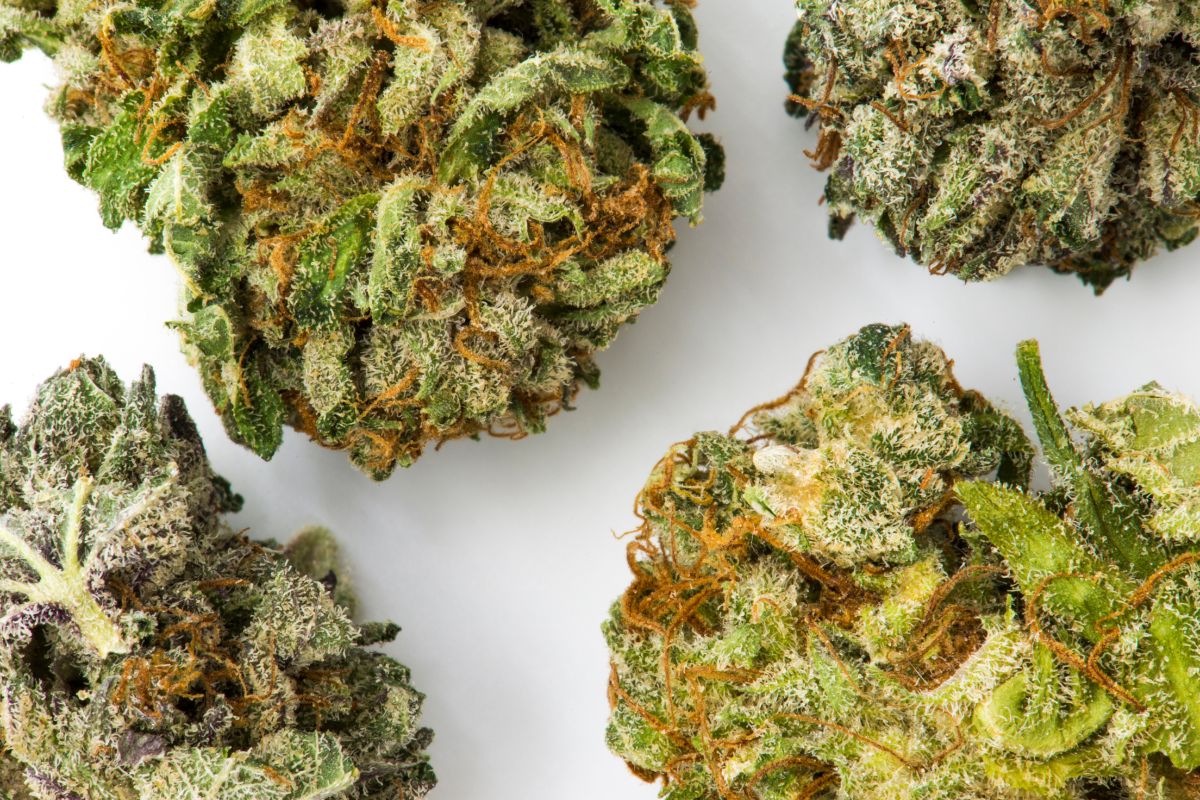One of the biggest drawbacks to Delta 8 THC is how fast your body can develop a tolerance for it.
In fact, after about 3–4 weeks of consistent use, you’ll find you’ll have to up your dose to almost double to achieve the desired effects, and this can quickly spiral into addiction.
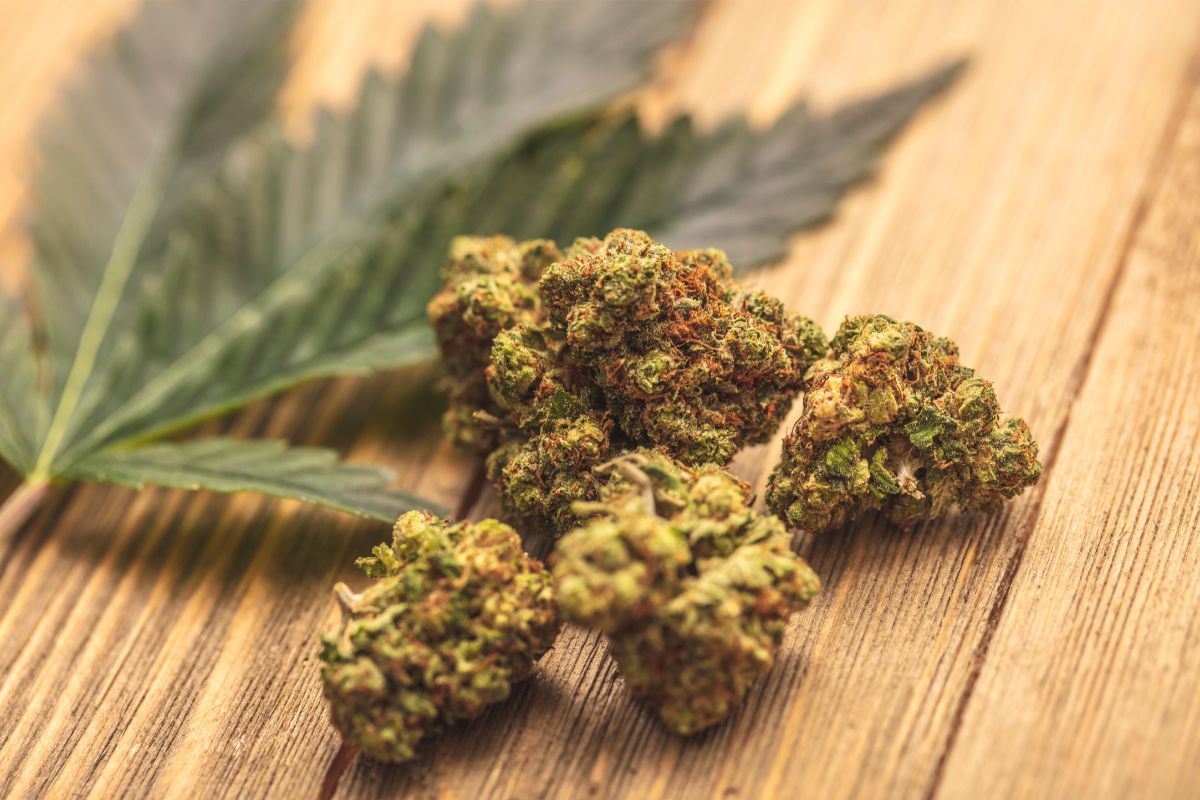
Luckily however, Delta 8 tolerance can be reversed rather quickly too. By taking periodic, ‘tolerance’ breaks, you can decrease the risk of Delta 8 THC becoming addictive.
Below we’ll tell you all you need to know about the addictiveness of Delta 8 THC, but first let’s take a look at what Delta 8 actually is.
What Is Delta 8 THC?
Delta 8 THC is a type of THC analog, with the most popular THC common analog being Delta 9 THC, that is responsible for the high you get from marijuana.
Delta 8 has a lot in common with Delta 9, but it is a lot more relaxing and isn’t as likely to bring about feelings of paranoia or anxiety. Rather, it gives you a calm, relaxed feeling.
The 2018 Farm Bill has made hemp and its derivatives – like Delta 8 – legal at a federal level, as long as it’s derived from hemp (see also “Treetop Hemp Co Delta 8 Review“). This has single-handedly boosted the popularity of Delta 8 THC over the years.
Is Delta 8 THC Addictive?
Like a lot of things, Delta 8 can become addictive if not used in moderation and if abused.
Delta 8 can help you temporarily escape reality, and its calming qualities prevents users from overthinking or dwelling on issues in their life that are stressing them out or making them depressed.
Those who use Delta 8 in order to escape the stresses of everyday life and begin using it daily or multiple times daily are more likely to become addicted to Delta 8.
It’s key to not lose sight of why you are using Delta 8. For example, are you using it to relieve anxiety or to escape from the stressors of your daily life?
These are complicated issues that cannot be fixed by Delta 8 alone. It’s best to concentrate on what’s causing these unpleasant, undesirable feelings rather than using Delta 8 as a crutch.
How Fast Do You Develop A Tolerance For Delta 8?
Tolerance for Delta 8 can develop pretty quickly. After using it every day for 2 weeks, you will probably notice that you need to take around a 25% to 50% higher dose to get the desired effects.
Meanwhile, a tolerance for Delta 9 develops around 3–4 weeks of daily use, while a tolerance for CBD usually forms after around 3–4 months of daily use.
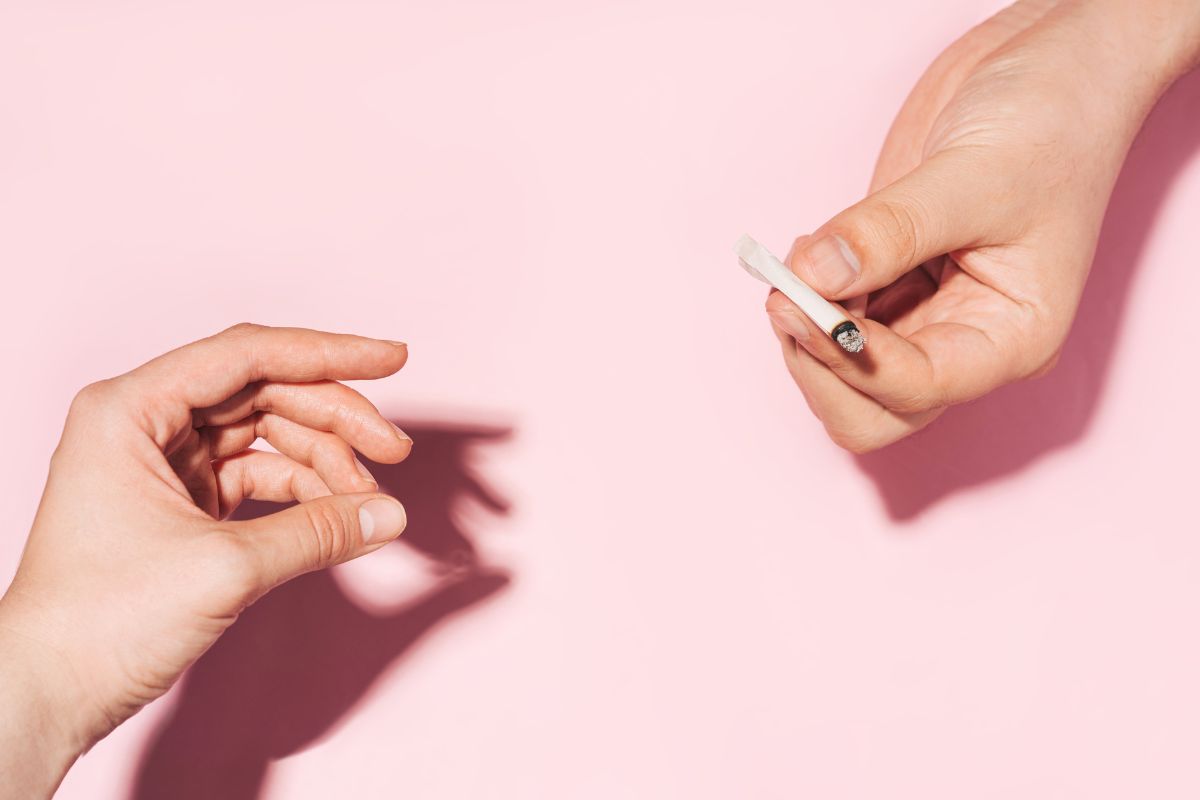
What Is A Tolerance Break?
Also referred to as a ‘T Break,’ a tolerance break is when you take organized breaks to let your body reverse a tolerance you may have formed to a substance before it becomes problematic.
When it comes to Delta 8, a T break works by taking occasional breaks. There are a few ways you can approach Delta 8 T breaks.
The most effective way is to take 3 days off Delta 8 every week, while the least effective way is to take a month off Delta 8 every three months.
Luckily, it’s just as easy to reverse tolerance to Delta 8 as it is to develop a tolerance in the first place. Those with even a high tolerance for THC found that they reversed their tolerance in 2 weeks.
This is worth nothing because if you’re a long-time user of Delta 8, you might have become accustomed to a particular dose.
If you take a break and then go right to the same dose, then it could feel a lot stronger than expected. You should always begin with a smaller dose than normal following a T break.
Can You Get Withdrawals From Delta 8?
Withdrawal occurs when you are physically addicted to a substance and you then stop taking it.
For example, those who are physically addicted to alcohol will feel anxious, depressed, dizzy, irritable, and shaky when they stop drinking. To prevent these withdrawal symptoms, they need to continue drinking.
Delta 8 can elicit mild withdrawal symptoms in very severe cases of Delta 8 addiction. Lethargy, headaches, and nausea are the most common Delta 8 withdrawal symptoms, and these normally last 3 to 4 days.
Although these withdrawal symptoms are uncomfortable, they are nowhere near as severe as withdrawal symptoms for substances like alcohol, benzodiazepine medications, cocaine, or opiates.
The Signs Of Delta 8 Addiction
Addiction is defined as the continual use of an activity or substance despite there being obviously negative consequences of your health, wellbeing, and relationships. Let’s take a look at some of the signs of Delta 8 addiction.
- Shutting yourself away from family and friends.
- Continuing to use Delta 8 in spite of frequent negative side effects like coughing, nausea, or lethargy.
- Neglecting your daily responsibilities.
- Spending all your money on Delta 8.
- Using Delta 8 every day, or multiple times a day.
Can You Prevent Delta 8 Addiction?
The best way to prevent Delta 8 addiction is to reflect on why you’re using it, and whether you have a healthy or unhealthy relationship with Delta 8.
If you’re using Delta 8 occasionally to chill out, then it’s unlikely you’re going to develop an addiction to it.
However, if you’re using Delta 8 because you can’t handle the thought of not using it, or you use it compulsively despite it having a negative effect on your finances, health, or relationships then you may be developing an addiction.
Taking Delta 8 tolerance breaks can be very beneficial for preventing addiction and dependency.
Final Thoughts
When you repeatedly use Delta 8 over time, your body will develop a tolerance to it.
Those using Delta 8 may have to take a break from it every 2 to 3 weeks to make sure it’s not negatively affecting their body, and to prevent developing an addiction or dependency.
The most effective way to take tolerance breaks is by forgoing Delta 8 for 3 days a week, or by taking a week-long break from Delta 8 each month (see also “Delta 8 Disposable Review“).
If you liked this article, you might enjoy our post, ‘What Is THC P?‘.
- 5 Best Weed T-Shirts For Women - June 26, 2023
- What Is Stoner Girl Clothing? All You Need To Know - June 26, 2023
- What To Wear To A Cannabis Café: 10 Awesome Options - June 26, 2023

